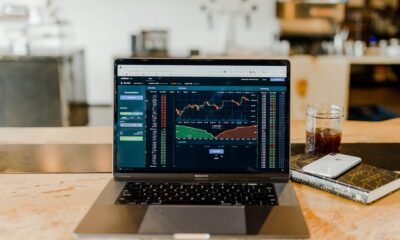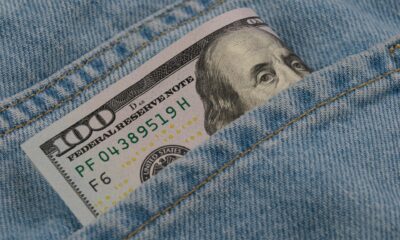Cannabis
U.S. elections: several states legalize recreational cannabis, a market worth more than $10 billion
In 2018, the cannabis industry represented more than $10 billion and could reach $30 billion in 2026 according to a projection by New Frontier Data, a firm of analysis and research on the cannabis industry, or even $70 billion according to Grand View Research. It would then be equivalent to the tobacco business across the Atlantic. Several American states might now legalize cannabis.
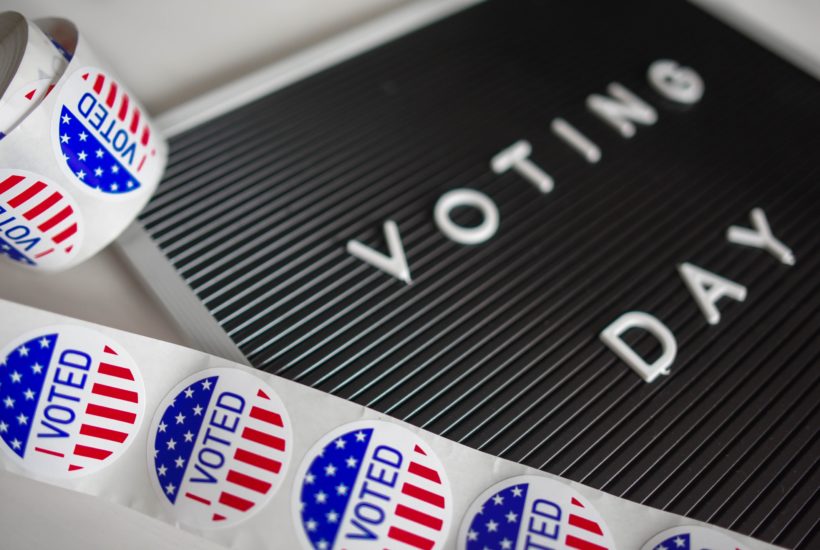
The legalization of cannabis for recreational use is becoming more widespread in the United States. As in every presidential election, American citizens are also called upon to respond to referendums depending on the state. And in four of them, this relaxation of drug legislation has been adopted.
Four new states are expected to join the list of those where recreational cannabis use is legal: Arizona, Montana, New Jersey and South Dakota. These are now fifteen states that authorize it. And in more than thirty additional states, its medical use is also authorized.
Voters in Oregon, a very progressive northwestern state, voted to decriminalize all drug possession, including so-called “hard” drugs such as heroin or cocaine, as long as it is a small amount for personal use. Oregon was the first U.S. state to decriminalize cannabis in 1973. It legalized it in 2014.
Read more about the global cannabis market and find the most important cannabis news with the Hemp.im mobile app. Hemp.im mobile app brings you the latest updates in the cannabis sector and keeps you inform of the changes in the global cannabis market.
Nearly $2 billion in tax revenues in 2019
This rise in the legalization of cannabis in the United States is not only the result of a moral change. The regulation of this market is above all a matter of big money. Wherever it has been legalized, cannabis generates activity, employment and above all massive tax revenues for the States.
The figures speak for themselves. In 2018, the cannabis industry represented more than $10 billion and could reach $30 billion in 2026 according to a projection by New Frontier Data, a firm of analysis and research on the cannabis industry, or even $70 billion according to Grand View Research. It would then be equivalent to the tobacco business across the Atlantic.
As for tax revenues, according to the ITEP think-thank, they rose to $1.9 billion last year against $1.4 billion a year earlier (+35.7%). In California, the annual increase is even 43%. With the arrival of new legalizing states, this contribution should obviously be boosted and according to some estimates, if all the states of the country were on the same line, revenues could exceed $100 billion per year.
This is enough to fuel quite a few investments, as in some states where cannabis money is used to finance equipment for education or scholarships for students.
The black cannabis market is estimated at $3.8 billion (€3.2 billion) in France
In France, one of the most repressive countries in the world (but also one of the most consuming), the cannabis market is obviously difficult to evaluate. Recently, the specialized media, Newsweed, put it at $3.8 billion (€3.2 billion). “They correspond to the real consumption of the French: transactions, donations, and self-cultivation,” explained Aurélien Bernard, the founder of Newseed and author of the study.
In 2010, the French Observatory of Drugs and Drug Addiction (OFDT) estimated the global market at 225 tons of cannabis consumed in France against 360 today, a growth of 60% in 10 years. The fact remains that faced with the potential of this market, successive governments have never opened the door to legalization.
__
(Featured image by Element5 Digital via Pexels)
DISCLAIMER: This article was written by a third party contributor and does not reflect the opinion of Born2Invest, its management, staff or its associates. Please review our disclaimer for more information.
This article may include forward-looking statements. These forward-looking statements generally are identified by the words “believe,” “project,” “estimate,” “become,” “plan,” “will,” and similar expressions. These forward-looking statements involve known and unknown risks as well as uncertainties, including those discussed in the following cautionary statements and elsewhere in this article and on this site. Although the Company may believe that its expectations are based on reasonable assumptions, the actual results that the Company may achieve may differ materially from any forward-looking statements, which reflect the opinions of the management of the Company only as of the date hereof. Additionally, please make sure to read these important disclosures.
First published in BFM BUSINESS, a third-party contributor translated and adapted the article from the original. In case of discrepancy, the original will prevail.
Although we made reasonable efforts to provide accurate translations, some parts may be incorrect. Born2Invest assumes no responsibility for errors, omissions or ambiguities in the translations provided on this website. Any person or entity relying on translated content does so at their own risk. Born2Invest is not responsible for losses caused by such reliance on the accuracy or reliability of translated information. If you wish to report an error or inaccuracy in the translation, we encourage you to contact us.

-

 Business1 week ago
Business1 week agoTopRanked.io Weekly Affiliate Digest: What’s Hot in Affiliate Marketing [22Bet Affiliates]
-
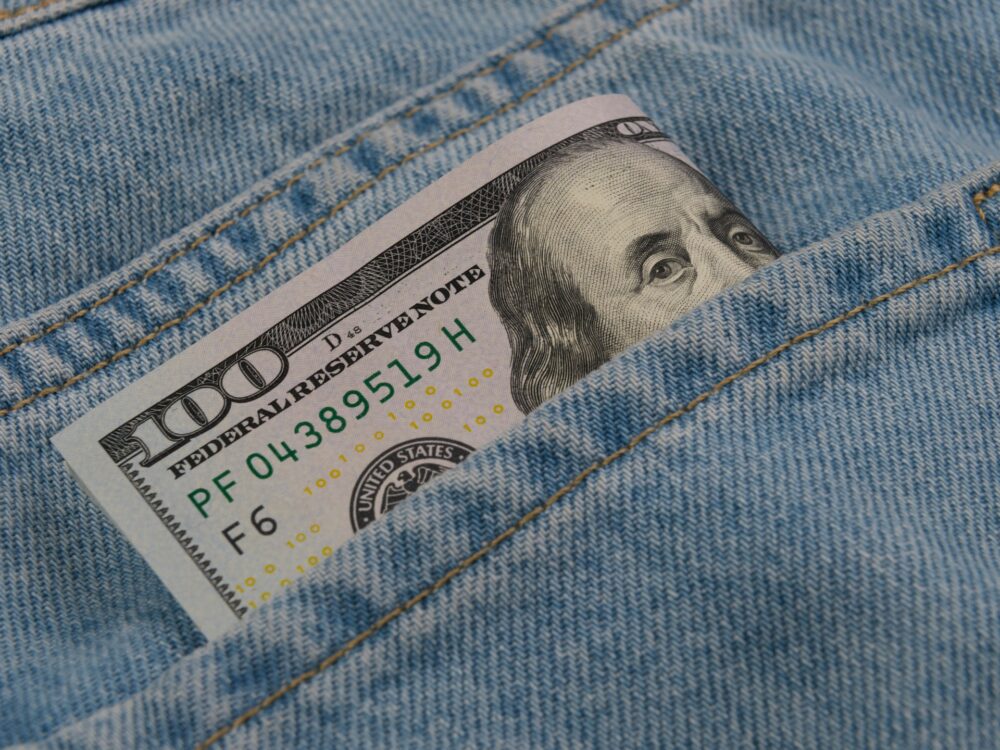
 Markets16 hours ago
Markets16 hours agoInflation Numbers Were Stronger than Expected
-

 Africa2 weeks ago
Africa2 weeks agoMeknes: a Vast Plan to Rehabilitate the Historic Ramparts
-
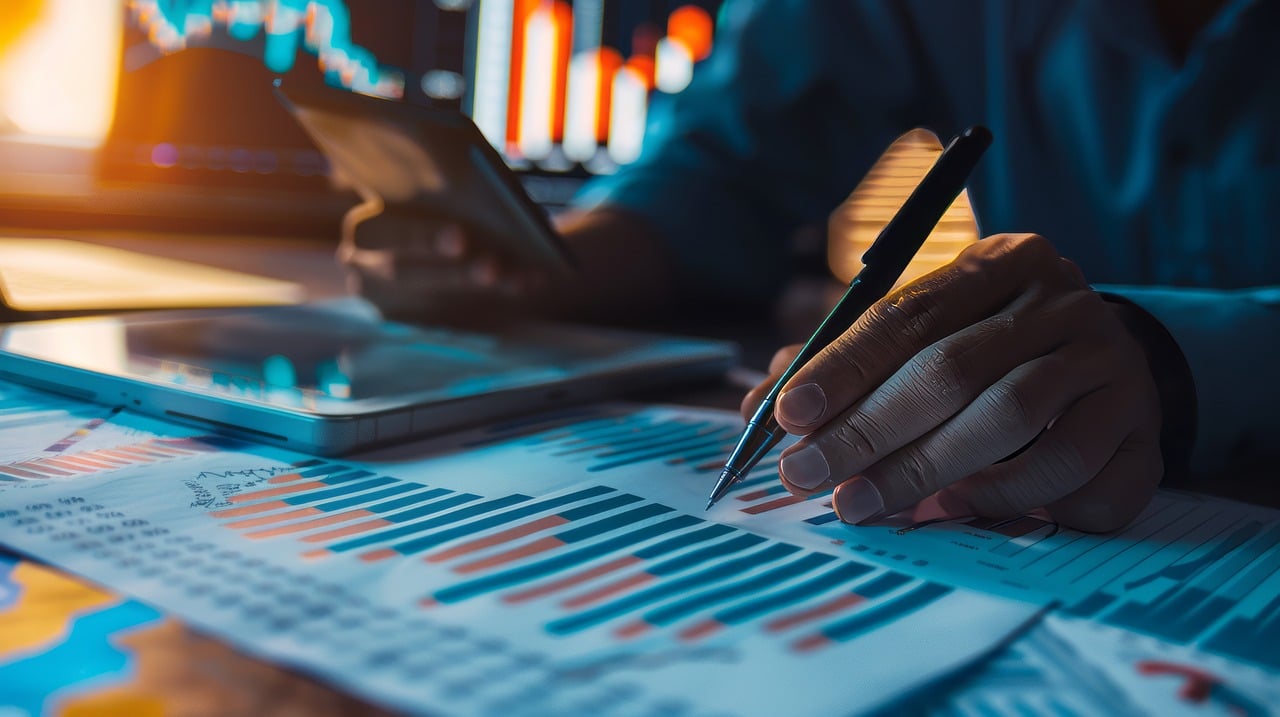
 Fintech7 days ago
Fintech7 days ago32% of Colombians Are Still Not Included in the Financial System








